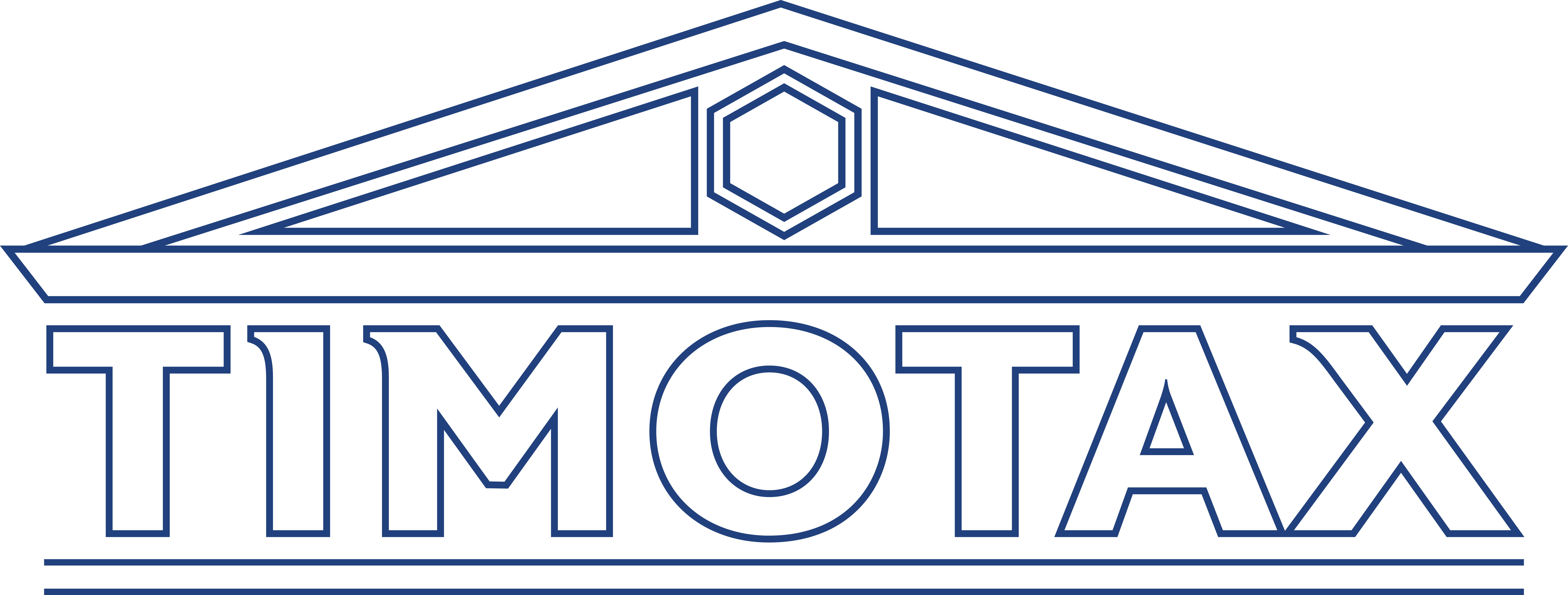Discover effective tax planning strategies to maximize your savings and make the most out of your finances.
Understanding the Basics of Tax Planning
Tax planning is an essential aspect of managing your finances effectively. It involves analyzing your financial situation and making strategic decisions to minimize your tax liability. By understanding the basics of tax planning, you can take advantage of various tax-saving opportunities and optimize your financial resources.
One key aspect of tax planning is understanding the different types of taxes that you may be subject to. This includes income tax, capital gains tax, property tax, and more. By having a clear understanding of these taxes, you can identify potential deductions, credits, and exemptions that can help reduce your overall tax burden.
Another important aspect of tax planning is staying updated with the latest tax laws and regulations. Tax laws are subject to change, and being aware of any modifications can help you make informed decisions. Consulting with a tax professional or using tax planning software can assist you in navigating through these complexities.
The Benefits of Tax Planning
Engaging in tax planning offers numerous benefits for individuals and businesses alike. One of the primary advantages is the ability to minimize your tax liability. By strategically managing your income, expenses, and investments, you can take advantage of deductions, credits, and exemptions to reduce the amount of tax you owe.
Additionally, tax planning allows you to maximize your savings. By adopting effective strategies, you can optimize your financial resources and allocate more funds towards savings and investments. This can help you build wealth over time and achieve your long-term financial goals.
Tax planning also provides you with greater control over your financial situation. By actively managing your taxes, you can make informed decisions that align with your financial objectives. Whether it's planning for retirement, funding your children's education, or starting a business, tax planning can help you achieve these milestones more efficiently.
Furthermore, engaging in tax planning ensures compliance with tax laws and regulations. By staying organized and maintaining accurate records, you can avoid penalties, fines, and legal issues that may arise from non-compliance. This can provide you with peace of mind and allow you to focus on other aspects of your financial life.
Key Tax Planning Strategies
There are several key tax planning strategies that can help you optimize your tax savings. One effective strategy is maximizing deductions and credits. By identifying eligible deductions and taking advantage of available tax credits, you can significantly reduce your taxable income.
Another important strategy is proper timing of income and expenses. By deferring income to future years or accelerating deductions into the current year, you can potentially lower your tax liability. This tactic is particularly beneficial if you expect your income to decrease in the following year.
Investing in tax-advantaged accounts is also a valuable tax planning strategy. Contributing to retirement accounts, such as a 401(k) or an Individual Retirement Account (IRA), can provide you with immediate tax benefits. These accounts offer tax-deferred growth or tax-free withdrawals, depending on the type of account.
Additionally, tax planning involves considering the impact of investments on your taxes. By diversifying your investment portfolio and strategically choosing investments with favorable tax treatment, you can minimize the tax consequences of your investment income.
Lastly, consulting with a tax professional is crucial for effective tax planning. They can provide personalized advice based on your unique financial situation and help you navigate complex tax laws. Their expertise can ensure that you are taking advantage of all available tax-saving opportunities.
Tax Planning for Different Life Stages
Tax planning strategies may vary depending on your life stage and financial goals. For young professionals starting their careers, it is important to take advantage of tax-saving opportunities such as contributing to a retirement account and utilizing education-related tax benefits.
As you progress in your career and start a family, tax planning can involve considerations such as claiming dependents, utilizing childcare tax credits, and optimizing deductions related to homeownership.
For individuals approaching retirement, tax planning focuses on strategies to minimize taxes during retirement and efficiently withdraw funds from retirement accounts. This may include strategies like Roth conversions, managing required minimum distributions (RMDs), and planning for estate taxes.
It is important to regularly review and update your tax planning strategies as your life circumstances change. Consulting with a tax professional can help ensure that you are making the most out of your tax planning efforts at every life stage.
Maximizing Your Savings Through Tax Planning
Maximizing your savings through tax planning requires a proactive approach and careful consideration of your financial goals. By implementing effective tax planning strategies, you can optimize your savings and make the most out of your income.
One key strategy is to regularly review your financial situation and adjust your tax planning accordingly. This includes analyzing your income, expenses, and investments to identify potential tax-saving opportunities. By staying proactive, you can adapt your strategies to changing tax laws and maximize your savings.
Another important aspect is utilizing tax-advantaged accounts, such as Health Savings Accounts (HSAs) and Flexible Spending Accounts (FSAs). These accounts offer tax benefits for medical expenses and can help you save money on healthcare costs.
Furthermore, it is important to take advantage of tax credits and deductions that apply to your situation. This may include credits for energy-efficient home improvements, education-related deductions, or deductions for charitable contributions. By understanding the eligibility criteria for these tax benefits, you can optimize your savings.
Lastly, regularly consulting with a tax professional can provide valuable insights and ensure that you are utilizing all available tax-saving strategies. They can help you navigate complex tax laws, identify potential deductions and credits, and assist in long-term tax planning.



